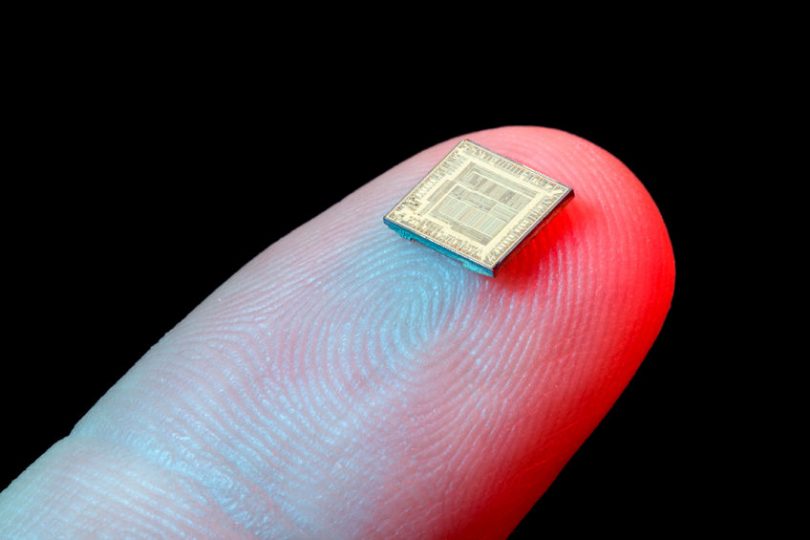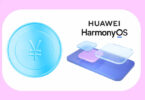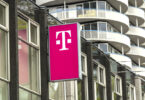According to IBM, fraud costs the global economy more than $600 billion a year. And in some countries, nearly 70 percent of some life-saving drugs are counterfeit. IBM announced that its developing crypto-anchors, the size of a grain of salt, that will be used to prove a product’s authenticity and communicate with a blockchain.
Edible computers
You can even eat them.
IBM gives an example of a crypto-anchor embedded in magnetic ink which could be used to dye a malaria pill. The code could become active and visible from a drop of water letting a consumer know it is authentic and safe to swallow.
The nanocomputer is cryptographically secured so that the identification of the object is unclonable.
The chip has hundreds of thousands of transistors and will cost less than ten cents to manufacture. It will be used to monitor, analyze, communicate and act on data. Big Blue claims it is the world’s smallest computer.
But it’s still in the lab.
The company plans to start testing them with clients in 18 months and expects it to go into production in 5 years.
Australian startup
Separately, a Sydney-based start-up UCOT is tackling counterfeiting by embedding a unique digital identification microchip and sensor into product packaging. The next generation IoT device will communicate with a blockchain using 5G communication.
The business is working with the research departments at several Australian universities. It’s in very early days as the demo at this stage uses Raspberry Pi devices.
According to the Australian Financial Review, UCOT raised $4 million in a token sale to investors that included CollinStar Capital and Sapien Ventures. The CEO, John Baird, is a former VP at Credit Suisse and former CTO at Deutsche Bank.
While both products are intriguing, just a year ago these sort of products would not be announced until there was far more to show.
It’s hard to resist the temptation to say…. vaporware.






